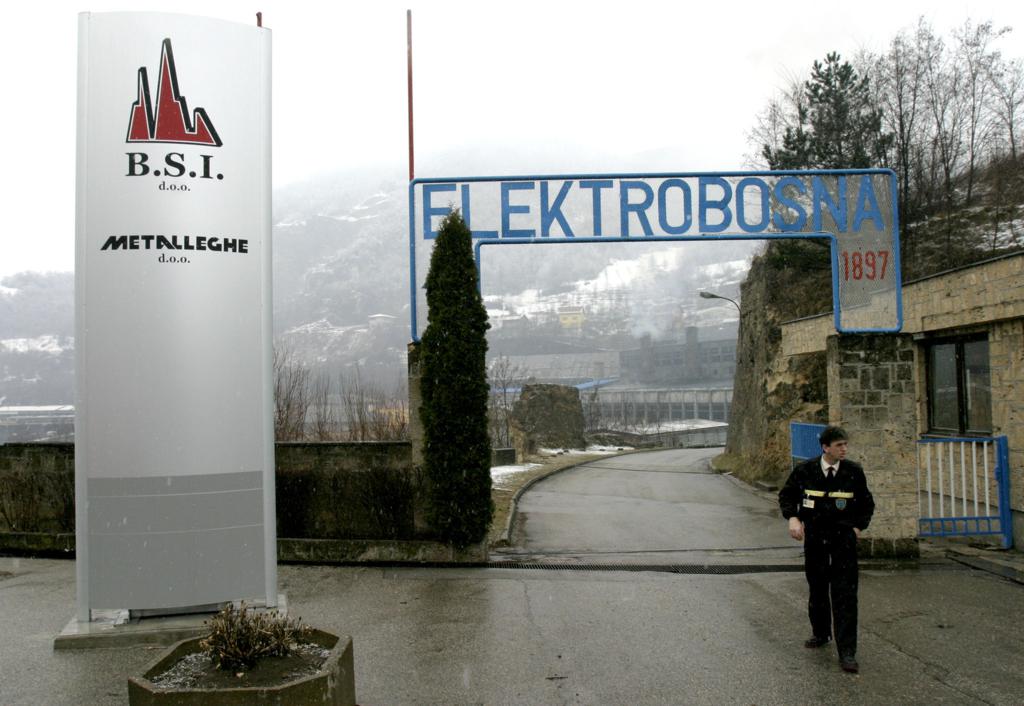
A list of major owners and creditors of Elektrobosna.
Đemal Memagić, the long-serving mayor of Olovo and a businessman, purchased an apartment in Poreč, Croatia, in 2021 for half a million BAM. He also included a car valued at BAM 412,000 in his asset declaration.
Đemal Memagić, a member of the Party of Democratic Action (SDA), has been the mayor of Olovo since 2012. It was already clear before the 2024 local elections that he would secure a fourth term, as he was the only candidate for the position.
In 2021, Memagić purchased an apartment in Poreč for just over half a million BAM. Along with his new property, in the asset declaration he submitted to the Central Election Commission of Bosnia and Herzegovina (CIKBiH) in 2024, he reported owning…

A list of major owners and creditors of Elektrobosna.
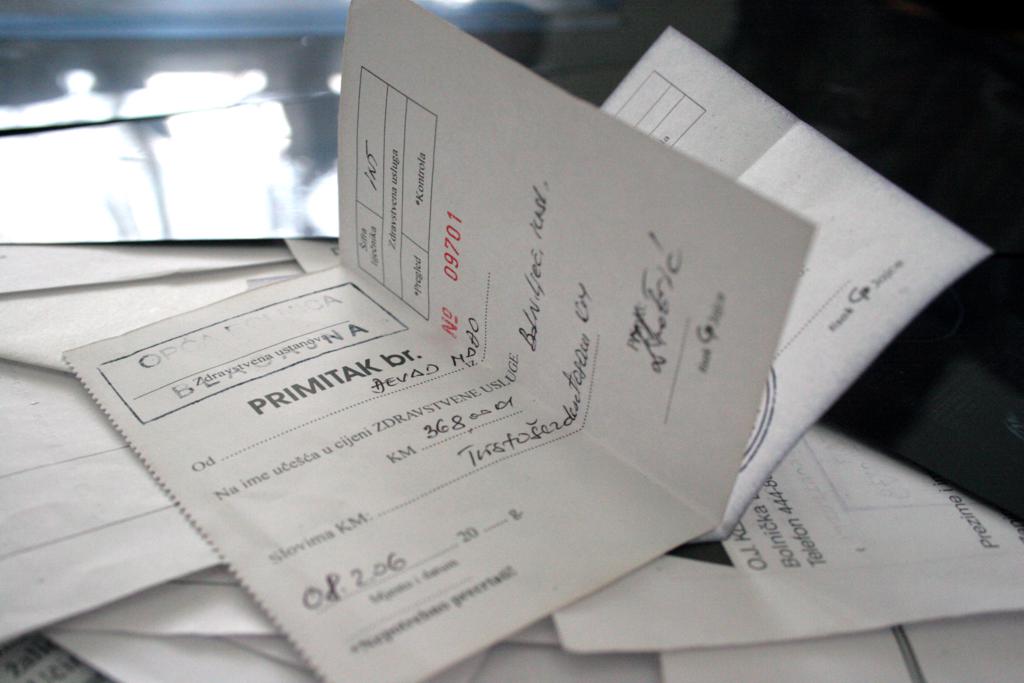
Elektrobosna once employed 3,000 workers and brought prosperity to Jajce. Workers felt taken care of when company managers paid for medical care. Now injured workers find they must pay for their own care.
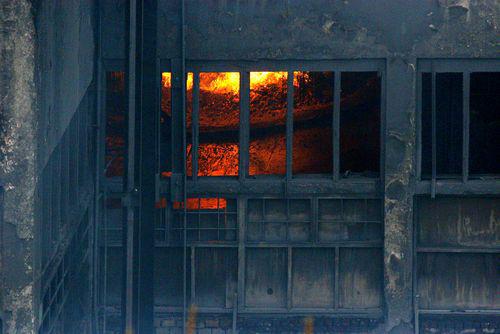
Before the war, Elektrobosna employees had plenty of safety equipment. Today, serious injuries can result from lack of items as inexpensive as a 10KM pair of work gloves.
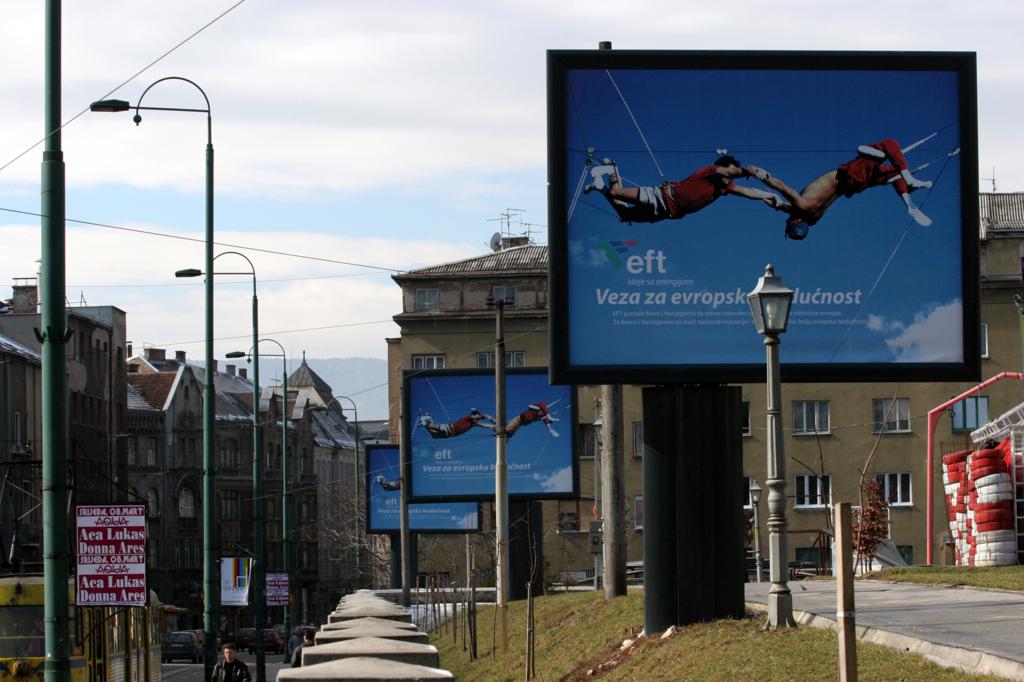
An in-depth look at the investigations into how EFT does business. Despite having come under heavy international scrutiny, the firm and its charismatic owner have never been charged with any wrongdoing.

His former business partners do not talk about Vuk Hamović, and he refused to answer most questions about his life asked by the Center for Investigative Reporting. But records and interviews show much about Hamović’s remarkable rise, his business sense and flair which appeared early, and his ease associating with politicians and businessmen internationally.

A judge”s ruling may spell the end of more than 100 years of history for a Jajce firm, Elektrobosna, once a giant of Yugoslav manufacturing. Much of the firm”s assets will be sold at auction in April.
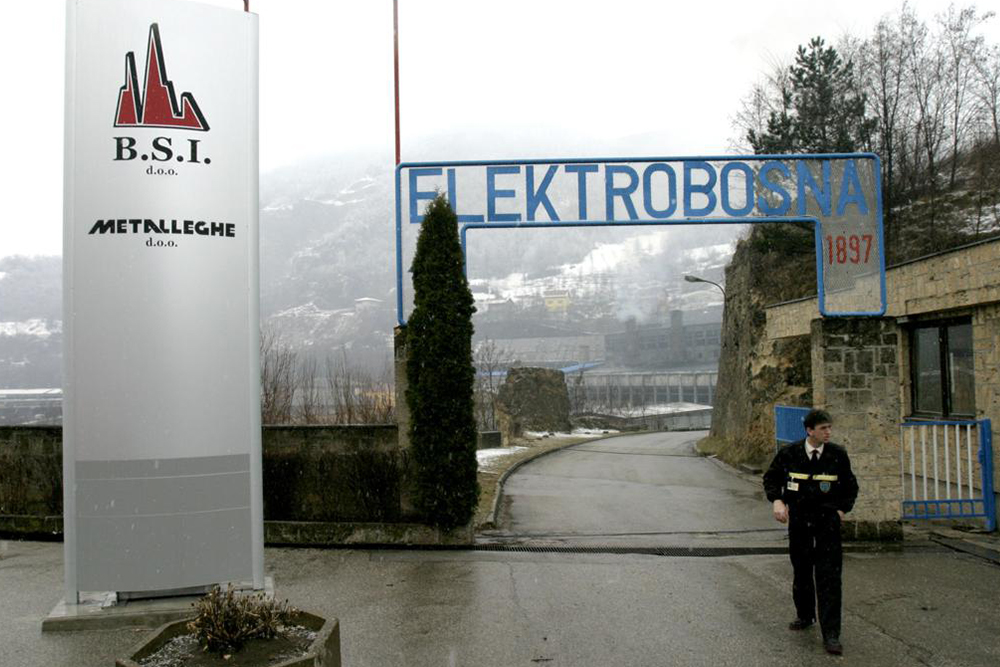
The financial police of the Federation of Bosnian-Herzegovina audited Elektrobosna and Elektrobosna-N at the request of state prosecutors, and in an administration report last year blamed 13 people for the company”s problems.
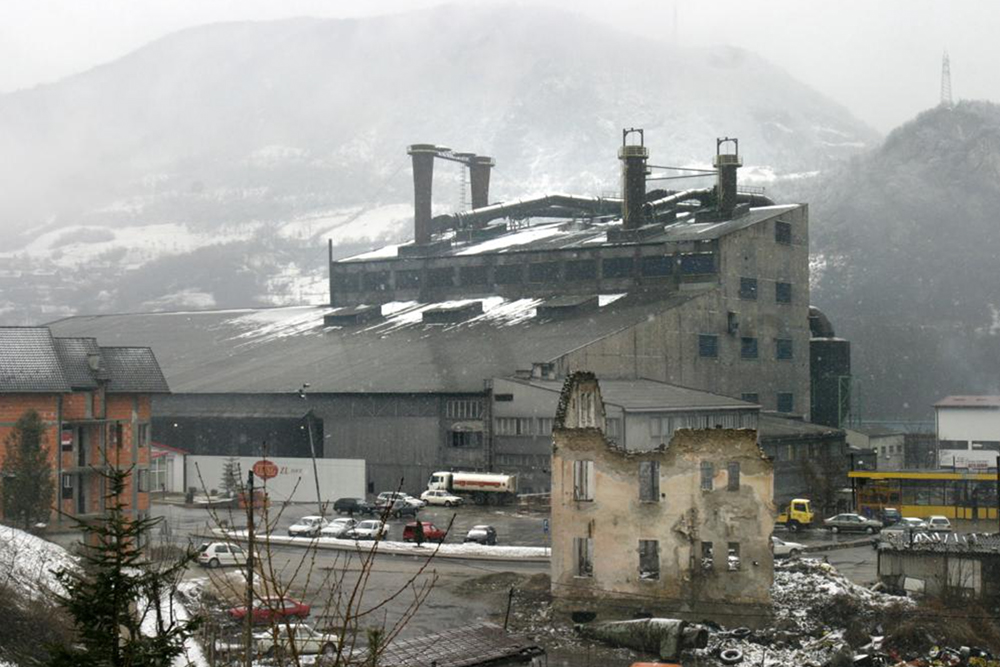
New East, a British firm that promised to put 21 million KM into the financially ailing Elektrobosna, but actually put in only about 4 million.
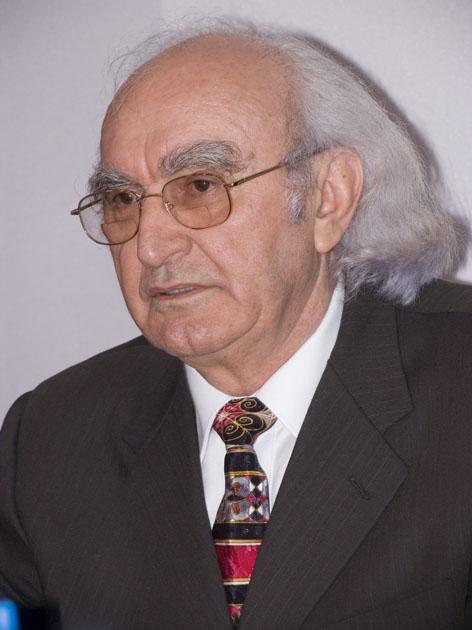
Slobodan Pavlović, a Bosnian Serb immigrant to America, enrolled in a Chicago university while working in a factory and earned a degree that helped him to make a fortune as a real estate executive. At the height of the 1990s war, he returned to his homeland to begin building a business empire – including the largest private university in the country: Slobomir University. But Pavlović is also controversial figure with a criminal and political past and a penchant for winning financially in his good deeds. We take an in-depth look at his controversial past and his current business practices.

BiH students increasingly are turning to private institutions as an alternative to public universities These schools say they are gaining enrollment because they offer what too few public schools are: updated teaching methods and equipment and partnerships with other schools internationally. However, there is no system to tell the bad schools from good ones and employers don’t really trust the private schools yet.
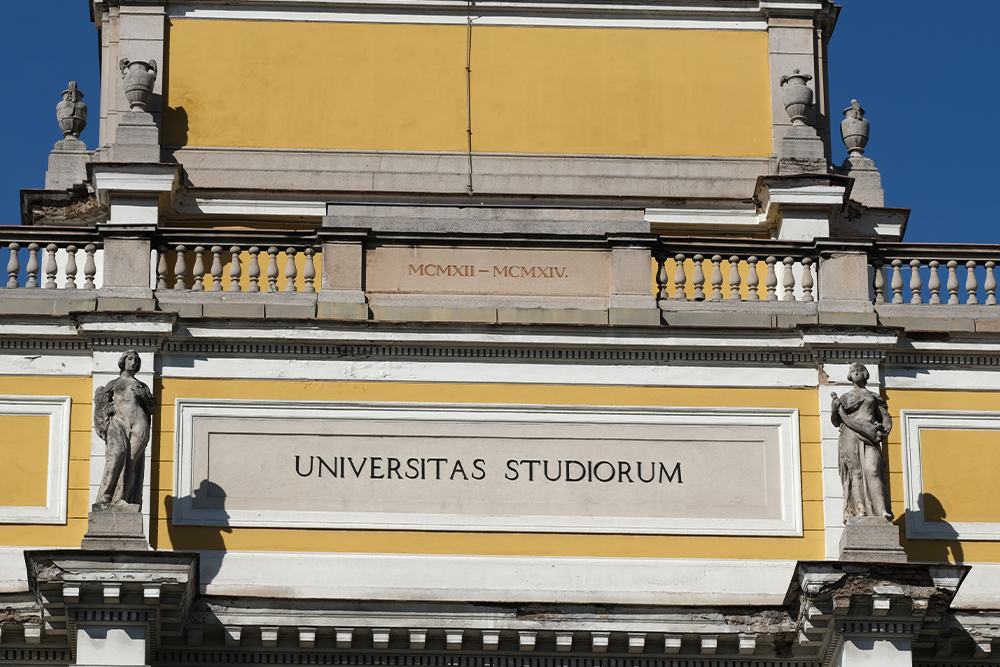
BiH has been unable to pass a unified law on higher education. It is not as if lawmakers don”t understand the problem. Academics are well represented in the top political ranks of the country and of both entities.
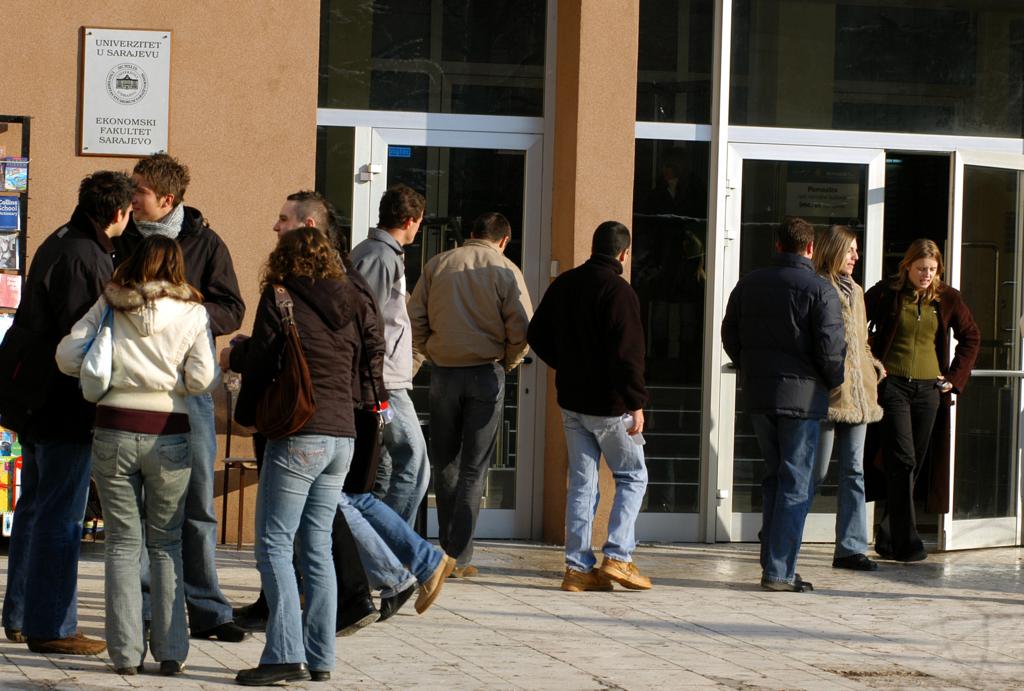
In a CIN-sponsored focus group, leading employers and business officials in BiH talk about the quality of the workforce universities are turning out and about how they might change university education.

A list of major owners and creditors of Elektrobosna.

Elektrobosna once employed 3,000 workers and brought prosperity to Jajce. Workers felt taken care of when company managers paid for medical care. Now injured workers find they must pay for their own care.

Before the war, Elektrobosna employees had plenty of safety equipment. Today, serious injuries can result from lack of items as inexpensive as a 10KM pair of work gloves.

An in-depth look at the investigations into how EFT does business. Despite having come under heavy international scrutiny, the firm and its charismatic owner have never been charged with any wrongdoing.

His former business partners do not talk about Vuk Hamović, and he refused to answer most questions about his life asked by the Center for Investigative Reporting. But records and interviews show much about Hamović’s remarkable rise, his business sense and flair which appeared early, and his ease associating with politicians and businessmen internationally.

A judge”s ruling may spell the end of more than 100 years of history for a Jajce firm, Elektrobosna, once a giant of Yugoslav manufacturing. Much of the firm”s assets will be sold at auction in April.

The financial police of the Federation of Bosnian-Herzegovina audited Elektrobosna and Elektrobosna-N at the request of state prosecutors, and in an administration report last year blamed 13 people for the company”s problems.

New East, a British firm that promised to put 21 million KM into the financially ailing Elektrobosna, but actually put in only about 4 million.

Slobodan Pavlović, a Bosnian Serb immigrant to America, enrolled in a Chicago university while working in a factory and earned a degree that helped him to make a fortune as a real estate executive. At the height of the 1990s war, he returned to his homeland to begin building a business empire – including the largest private university in the country: Slobomir University. But Pavlović is also controversial figure with a criminal and political past and a penchant for winning financially in his good deeds. We take an in-depth look at his controversial past and his current business practices.

BiH students increasingly are turning to private institutions as an alternative to public universities These schools say they are gaining enrollment because they offer what too few public schools are: updated teaching methods and equipment and partnerships with other schools internationally. However, there is no system to tell the bad schools from good ones and employers don’t really trust the private schools yet.

BiH has been unable to pass a unified law on higher education. It is not as if lawmakers don”t understand the problem. Academics are well represented in the top political ranks of the country and of both entities.

In a CIN-sponsored focus group, leading employers and business officials in BiH talk about the quality of the workforce universities are turning out and about how they might change university education.
The Center for Investigative Reporting (CIN) in Sarajevo is unique in Bosnia and Herzegovina, the first organization of its kind to be established in Balkans. CIN is dedicated to investigative reporting, aimed toward providing fair and unbiased information, based on evidences and solid proof, to BiH citizens who need to make educated decisions.
Downloading of the content of the CIN is permitted with the mandatory reference to the source at www.cin.ba.
Svojim anonimnim prijavama doprinosite integritetu naše zajednice. Molimo vas da iskoristite ovu formu kako biste sigurno prijavili bilo kakvu sumnju u korupciju ili nezakonitu aktivnost koju primijetite. Vaša hrabrost ključna je za očuvanje naših vrijednosti i promicanje transparentnosti.